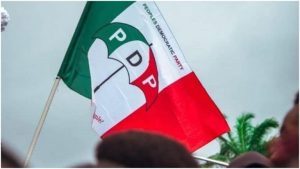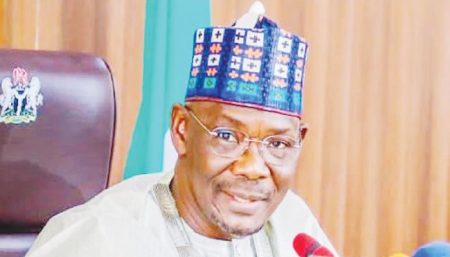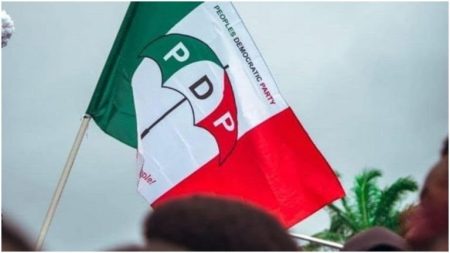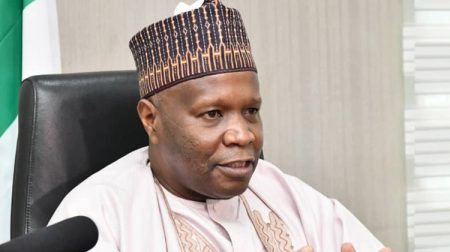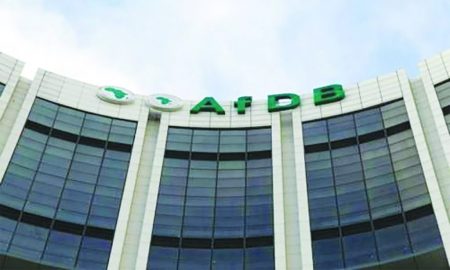Nigeria’s treasury bills auction held on February 19, 2025, presented a nuanced picture of investor behavior and market dynamics. While total subscriptions reached a substantial N2.41 trillion, this figure represented a noticeable decrease from the N3.22 trillion recorded in the previous auction on February 5, 2025. This decline, however, doesn’t necessarily signal waning investor interest. A deeper look at the auction reveals a shift in investor preferences towards shorter-term instruments and an overall acceptance of lower yields, potentially influenced by the prevailing liquidity conditions and the Central Bank of Nigeria’s (CBN) monetary policy.
The auction featured three tenors: 91-day, 182-day, and 364-day bills. Notably, the demand for shorter-term bills surged. Subscriptions for the 91-day bills reached N62.14 billion, a significant jump from N42.37 billion in the previous auction. Similarly, subscriptions for the 182-day bills increased to N49.88 billion from N19.52 billion. This heightened interest in shorter-term instruments may reflect investor caution and a preference for greater liquidity in the face of potential market uncertainties. The CBN responded by allotting N34.77 billion and N34.98 billion for the 91-day and 182-day bills, respectively.
In contrast, the traditionally popular 364-day bills experienced a significant drop in subscriptions, falling to N2.3 trillion from N3.16 trillion in the previous auction. Despite this decreased demand, the CBN increased its allotment for this tenor to N704.38 billion, up from N619.36 billion. This move suggests a strategic effort by the CBN to manage the maturity profile of government debt and potentially lock in lower borrowing costs for the longer term, capitalizing on the current market sentiment that favors lower yields.
A defining feature of this auction was the decline in stop rates across all three tenors. The stop rate for the 91-day bills dropped to 17%, down from 18%. The 182-day bills saw their stop rate reduced to 18%, slightly lower than the previous 18.5%. The most significant drop was observed in the 364-day bills, where the stop rate fell to 18.43% from 20%. This downward trend in stop rates indicates that investors are increasingly willing to accept lower returns on government securities. This could be attributed to several factors, including ample liquidity in the market, confidence in the government’s ability to repay its debt, and a relative lack of alternative investment opportunities offering comparable risk-adjusted returns.
The lower stop rates observed in the auction align with broader trends in the fixed-income market, where yields have been moderating. This moderation can be attributed, in part, to the CBN’s liquidity management efforts. By reducing treasury bill rates, the government can lower its borrowing costs. This strategy also helps maintain a balance in liquidity levels within the financial system, preventing excessive liquidity that could fuel inflation and destabilize the economy.
The reduced stop rates also reflect the intense competition among investors for these relatively safe and liquid government securities. Even with lower yields, investors are actively bidding to secure allocations, demonstrating the continued attractiveness of treasury bills in the Nigerian market. This strong demand, despite the yield compression, underscores the perceived stability and reliability of these instruments, particularly in an environment where other investment options might carry higher risks.
In conclusion, the February 19, 2025, Nigerian treasury bills auction highlighted a shift in investor preferences towards shorter-term instruments and an acceptance of lower yields. The decreased total subscriptions, coupled with the increased allocation for the 364-day tenor by the CBN, points towards a strategic approach to debt management. The declining stop rates reflect the prevailing market conditions, characterized by ample liquidity and a search for safe haven assets. While the overall demand for treasury bills dipped slightly, the sustained interest, even at lower yields, underscores the continued appeal of government securities as a stable and reliable investment option in the Nigerian financial market.




